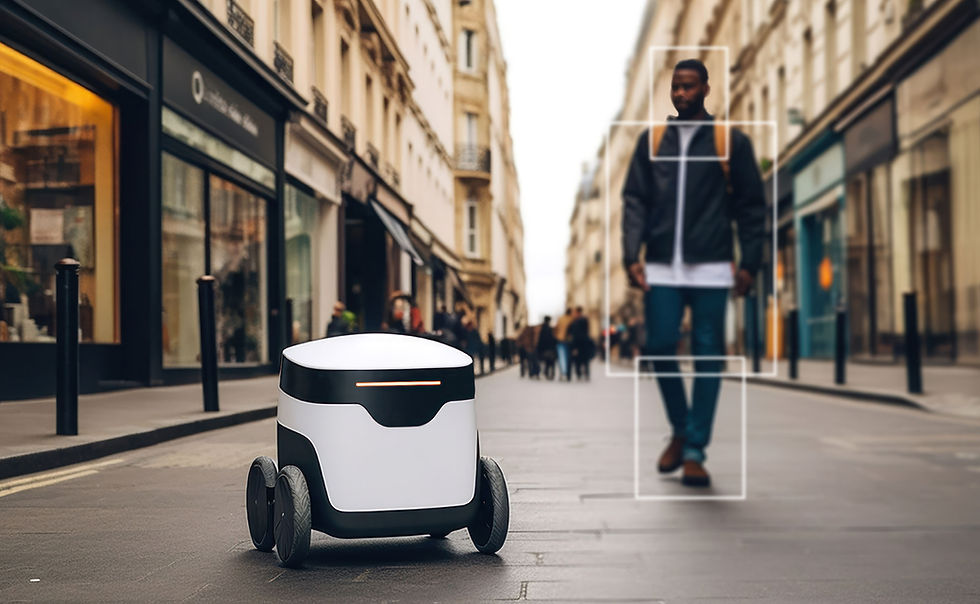Smart Questions for Would-Be Smart Cities
- Joe Conte

- Aug 31, 2025
- 2 min read
Joe Conte

The "smart city" revolution seems at times to be just around the corner. How integrated will technology become into the urban fabric? What are the tradeoffs of different levels and methods of integration? In order to fully reap the benefits of smart cities, these questions and more will need to be investigated.
Privacy is a huge concern for the public when it comes to technology and surveillance
especially. In order to build public trust, smart installations which involve surveillance cameras to capture data on human activity should not be used early on in this "revolution". The public needs to become comfortable and begin to trust these technologies before they are used for such potentially invasive purposes. At the same time, the companies or organizations developing, installing, maintaining, and overseeing these systems need to display their own competence to ensure that the more trivial data that they are collecting is secure and treated with proper care before moving onto more sensitive and important data.
Private ownership over the technologies being integrated into our cities is another concern. Who sets the prices for these technologies? Are they stable? Are they reliable? Proprietary? Or are there open source options that can be used instead, to maintain control over our smart
systems? This would alleviate the need to build partnerships with corporations, who, especially in the tech sector, have recently been demonstrating less than ethical behaviors (see: AI [1], Palintir [2], various companies' collection and sale of users' personal data [3]).
As previously mentioned, cost, upgradeability, and maintenance are three more factors which should be investigated thoroughly before a city dips their toes into smart technologies. Where will the technology be in 10 years? 20 years? Will all of your expensive physical sensors need to be replaced? Who will provide the data collection and analysis service? Is your provider stable enough to still be around in 10 years? To still be collecting data from your potentially "outdated" sensors? If not, how will the city pay for the upgrades? And in the meantime, how will you pay for faulty sensors which need to be replaced? If you have established a team to do data collection and analysis in-house and open source, how big will the team be? What are the technical specifications of the hardware required for data storage and analysis? How will you keep this data safe?
Lastly, the implemented smart technology should not be the only means for the public to reach important information or documents and stay informed. This would be discriminatory towards those who do not have access to or cannot afford the technology required for access. Keeping information available and easily accessible in places where the public has access and frequently visits is a good way to ensure your city is providing equitable access to vital
information.
Without being able to answer these questions, a city should not attempt to "smarten up" with these new technologies available to us. It would be economically ill-advised, morally dubious, and unethical.
Joe Conte is a graduate student of Urban and Regional Planning, Rowan University.
Sources:
[1] Harvard Gazette
[3] NBC News





Comments